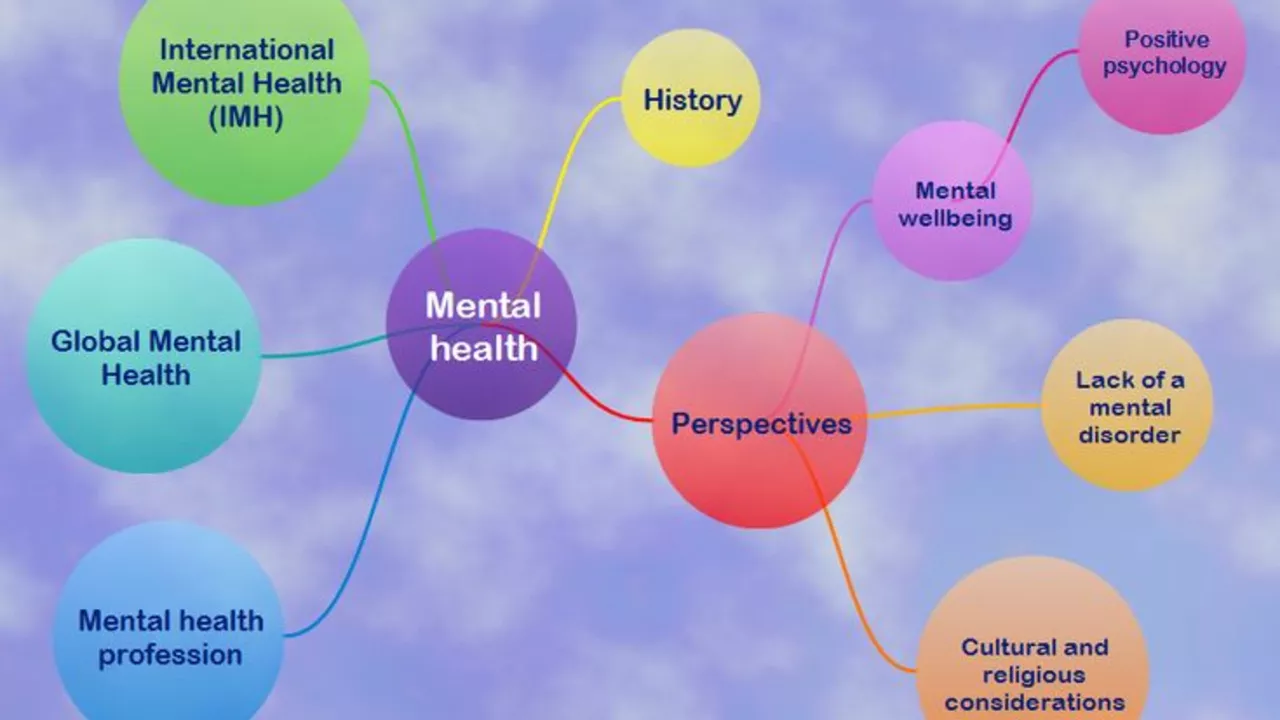
Unmasking the Hidden Struggles: Mental Health in Youngsters
While Muffin, my beloved Siamese cat, might effortlessly steal the spotlight, there's another pressing matter at hand: the silent battle of mental health among children and adolescents. Our digital era, saturated with unprecedented technological advances and layers of online interactions, presents a challenging landscape for our young generation. Consuming vast amounts of information without the emotional bandwidth to process it poses severe threats to their mental well-being. It's alarming to grasp that one in five children grapple with a mental health concern annually. A number that necessitates attention and action.
Educational Spaces: The Pillars of Influence
Observing Muffin traverse our cozy Toronto dwelling underscores the profound impact environments have on molding our perspectives and behaviors. This holds even more true for schools, which are a significant part of a child's world. Bearing in mind that children spend a considerable chunk of their conscious hours at school, these institutions play a pivotal role in their overall growth. Schools have the potential to shape or shatter a student's future. An overly dramatic statement? Maybe. But emphasizing mental health within schools ensures that students not only face academic rigors but are also embraced by emotional support.
The Dual Pillars: Scholarly Excellence and Emotional Resilience
While immersed in a playful chess match recently, the age-old saying, "All work and no play makes Jack a dull boy," was casually mentioned. It's a humorous quip, but it sparked some contemplation. Are our educational systems so engrossed in churning out intellectual prodigies that they overlook the essence of emotional intelligence? Emotionally grounded individuals consistently outperform in areas like stress management, leadership, and effective communication. By championing mental health, we're setting the stage for holistic education, ensuring our children are not just scholastically proficient but emotionally robust.
Demystifying Mental Health: Shattering Stereotypes
Recall those moments in class when a teacher's question left you hesitating, unsure if you should voice your thoughts. You may have had an inkling but feared judgment. This apprehension mirrors what youngsters with mental health issues undergo daily. Breaking down these barriers and dispelling misconceptions about mental health starts by making it a priority in schools, enabling us to reshape perceptions one student at a time.
Educators: The Silent Guardians of Mental Equilibrium
Teachers shoulder a responsibility that's nothing short of monumental. Beyond steering academic milestones, they have the unique opportunity to impact the emotional and mental trajectories of their students. However, are they sufficiently prepared for this dual role? Infusing elements like emotional intelligence training, early detection of mental health signs, and fostering a supportive environment should be integral to teacher training modules. Empowered educators can thus become trusted confidants for students, eliminating apprehensions of misjudgments.
Timely Action: Proactive Steps Toward Mental Well-being
The tale of Muffin's health woes taught me a valuable lesson in early intervention. When I dismissed his initial symptoms as mere feline quirks, I missed early signs of his kidney issues. Timely action could have alleviated some of his distress. Drawing parallels to our children's mental health, early recognition can mean faster healing and a foundation for a robust mental state. With schools acting as vigilant guardians, spotlighting the importance of mental health and providing a safety net like a "thesis help service" for academics, we ensure every child gets the assistance they require, exactly when it's most beneficial.
